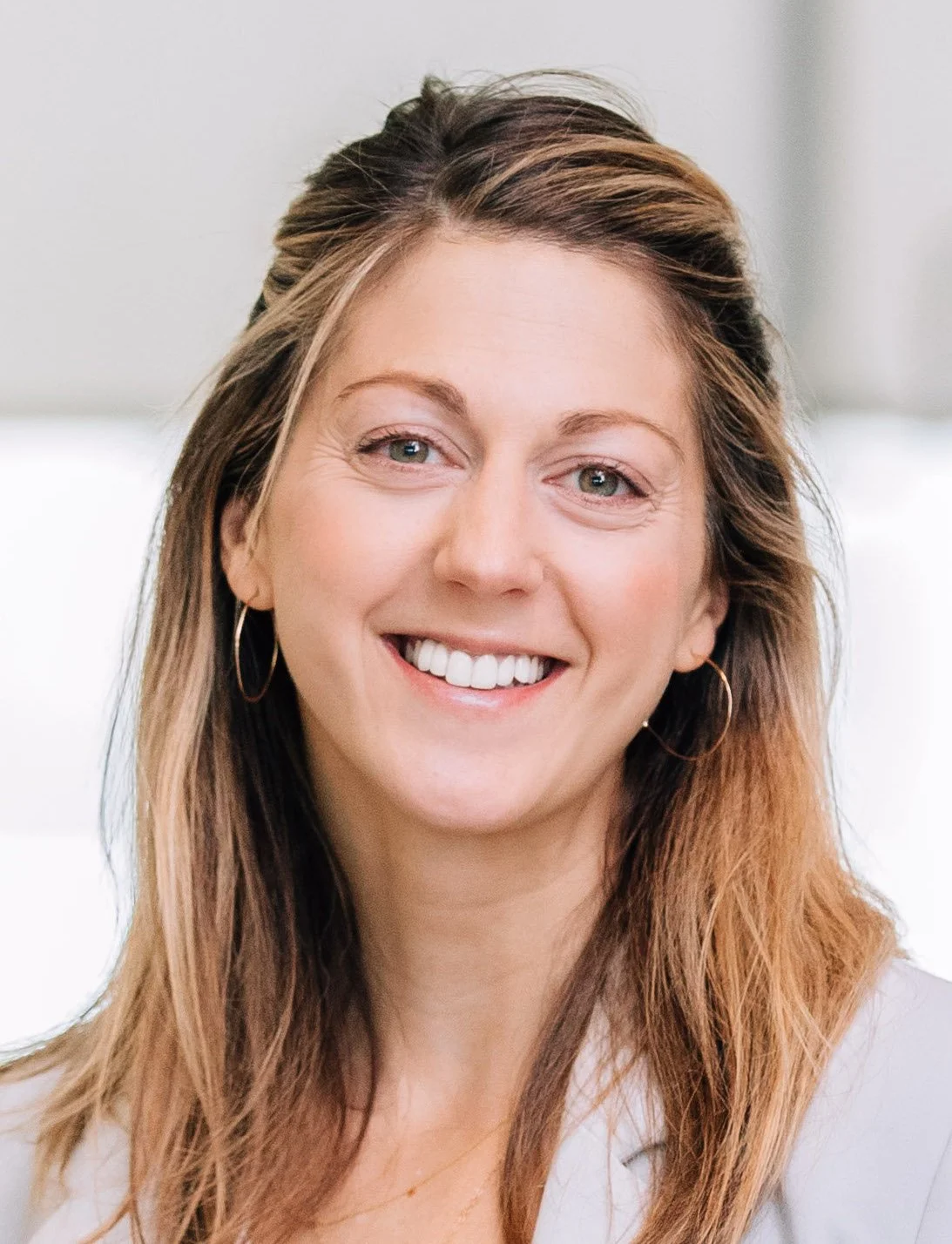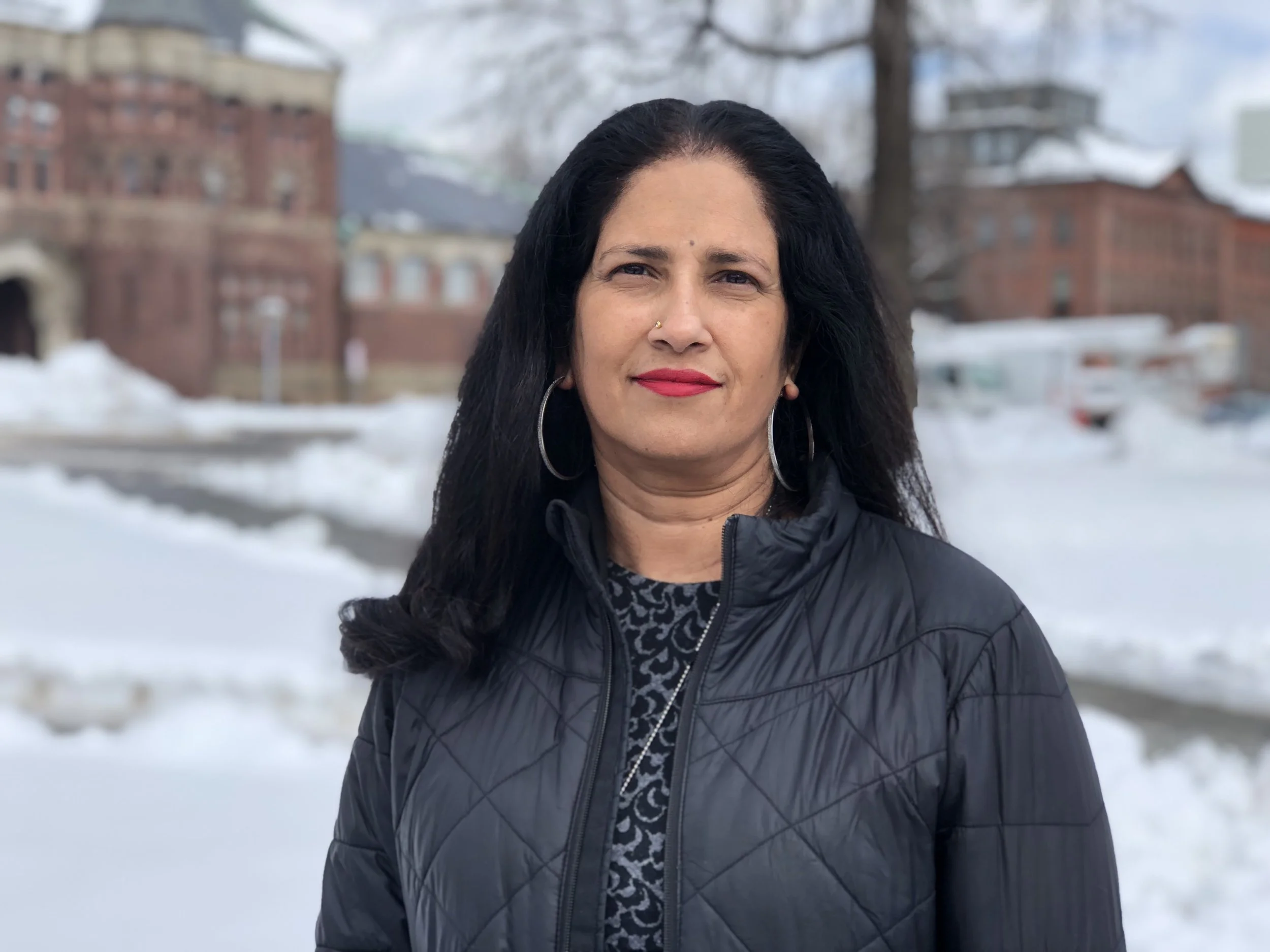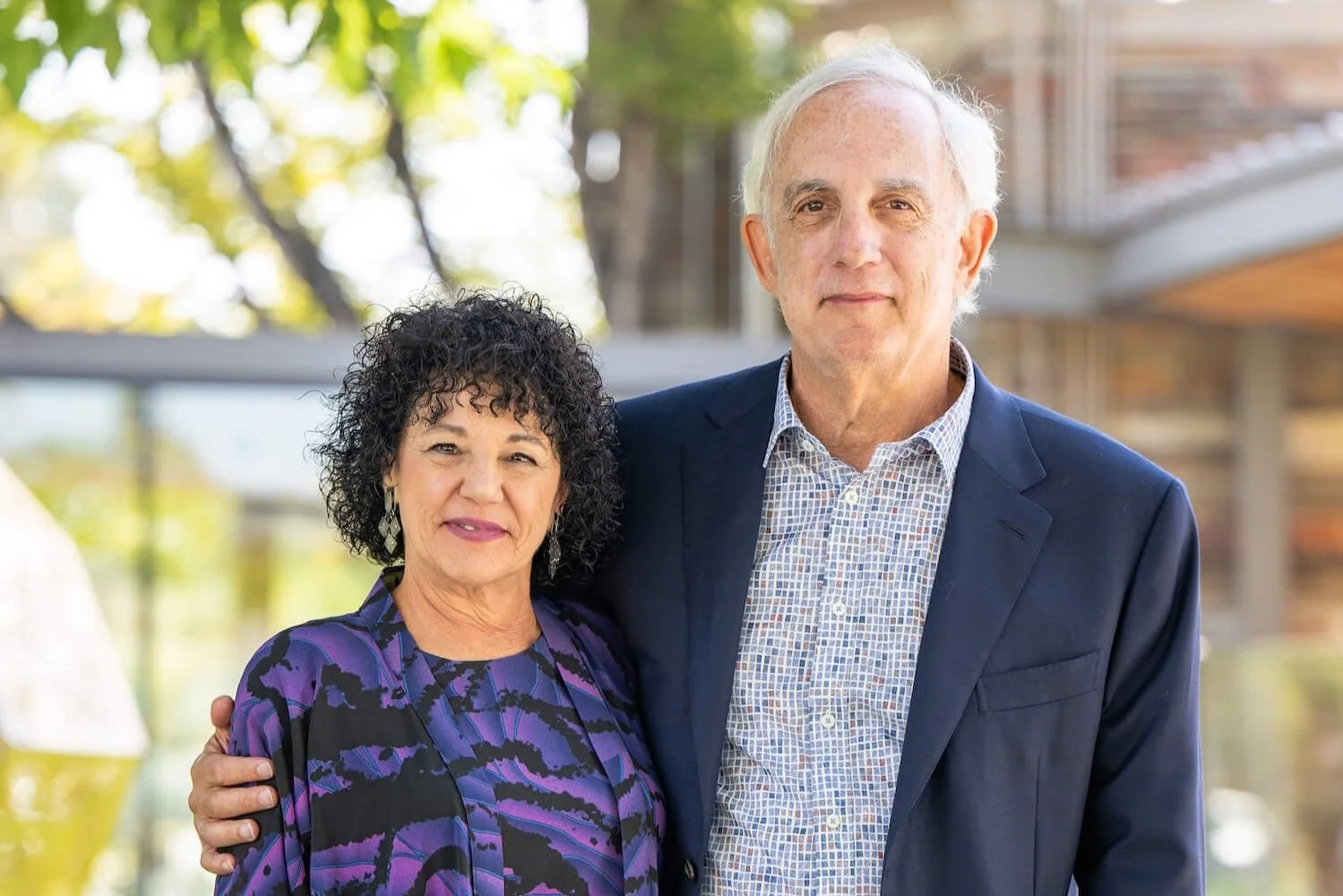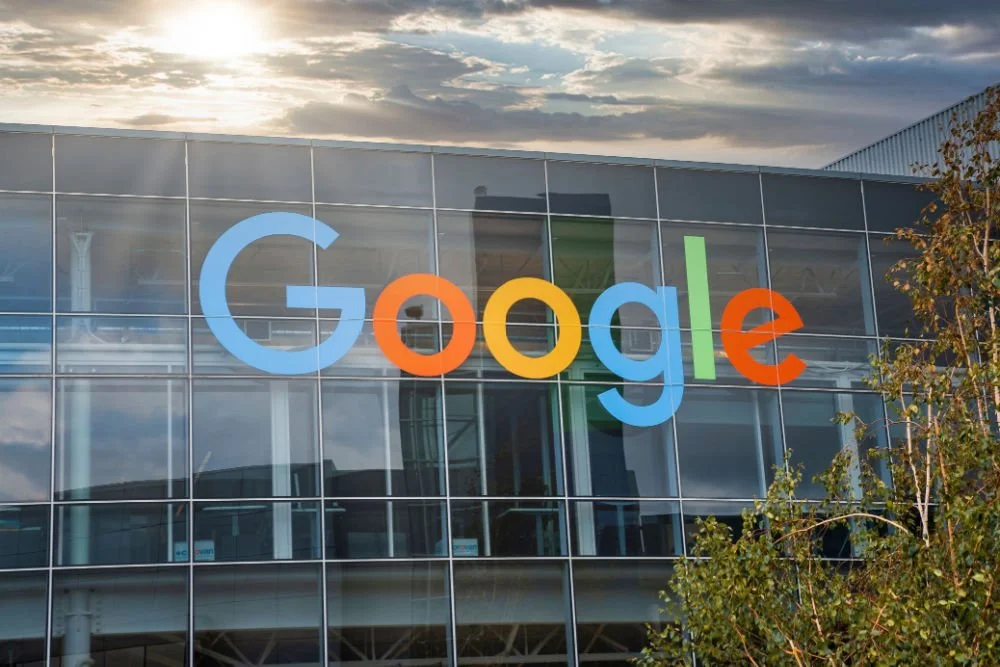Meaningful Careers: A Tech Giver Helps Pair Veterans With Cybersecurity Jobs
/photo: Dmytro Zinkevych/shutterstock
Since September 11, 2001, 2.77 million service members have served on 5.4 million deployments around the world. While the majority of service members transition back to civilian life without event, persistent traumas during the longest period of war in American history have given rise to wellness, education and employment challenges for many veterans and their families.
Philanthropy is one sector that has stepped up to ensure veterans and their families are getting what they need, as we have so often reported. Consider the Philanthropy-Joining Forces Impact Pledge, which launched in the Spring of 2014, spearheaded by people like Michelle Obama and Jill Biden. Two years later, at least $283 million had been committed in private funds through grants and other forms of support. A few years ago, the hedge fund billionaire Steve Cohen pledged nearly as much as that to fund a network of clinics to address the mental health challenge of veterans. Any number of other players in philanthropy—including other billionaires like Howard Schultz, top community foundations, and major corporations like Home Depot—have also focused on veterans.
What’s been less common, though, is big givers from the tech world prioritizing veterans issues. Beyond Bob Parsons, the founder of GoDaddy, it’s been hard to think of many tech philanthropists who are helping veterans. Recently, though, Craig Newmark, the founder of Craigslist, has emerged as an important new donor in this space. Veterans and military families are among the four grantmaking focus areas of Craig Newmark Philanthropies. A while back, for example, Newmark made a $1 million gift to the education nonprofit DonorsChoose to support schools in military communities through a special campaign to back projects helping students and these families. Newmark has also supported the Bob Woodruff Foundation, helping families of wounded warriors. And he’s worked with Iraq and Afghanistan Veterans of America (IAVA), making sure, among other things, that veterans get their full medical benefits.
Now comes news that Craig Newmark Philanthropies is contributing a $1 million grant to VetsinTech to support the organization’s commitment to helping veterans transition into meaningful careers in the cybersecurity and technology industries. I recently spoke with Craig Newmark and VetsinTech Founder Katherine Webster to learn more about how the gift transpired and the pair’s longstanding commitments to helping veterans and their families.
VetsinTech was founded in 2012 by Webster, who worked at Sun Microsystems for more than a decade and a half. The organization brings together a tech-specific network, resources and programs for veterans interested in education, entrepreneurship and employment. Webster tells me that her father was military all of his life, serving in the Army and Air National Guard. And Webster has been working in technology since she was 19. “I really wanted to ensure that vets are getting higher-paying jobs in tech,” she says.
Webster reached out to Newmark, whom she knew from her Sun Microsystems days. He decided to host the nascent nonprofit’s very first hackathon, which brought veterans and the tech community together. The feedback veterans gave was that they really wanted meaningful employment opportunities and connections, not just generic job fairs. The seeds of VetsinTech were sewn.
Today, VetsinTech works with industry leaders, including Palo Alto Networks, Cisco, Splunk and Symantec. A key aspect of the nonprofit is that it receives its guidance from employers. Like other groups in the STEM space, it’s keen to bridge the gap between those who need good jobs with the real-life workforce needs of employers. And one area where there’s growing need for skilled workers is cybersecurity.
Every major company in America faces growing cybersecurity challenges. This is a STEM niche where large numbers of jobs are emerging, and VetsinTech is hardly the only workforce development nonprofit looking to build better career pathways here. But its focus on veterans is unique—and promising. A quarter-million veterans are transitioning from active service each year. Many have engaged tech systems while serving in a U.S. military that’s making ever greater use of technology.
VetsinTech’s multitiered cybersecurity program will provide training on how to use state-of-the-art platforms through a combination of live in-class and self-paced instruction. The program will also support participants with mentorship opportunities and wrap-around services to ensure that veterans succeed in cybersecurity careers. Newmark Philanthropies’ $1 million grant will extend over a three-year period.
Webster actually calls Newmark “practically a founder” of VetsinTech. “He’s been with us from the start. He’s the No. 1 board member and has funded us with other grants and donations through the years.”
Newmark, for instance, helps sponsor VetsinTech’s annual Veterans Day gala. The organization also does a monthly event around education, employment and entrepreneurship. It also has quarterly employer meet-ups that take advantage of VetsinTech’s strong employer coalition where the top names in tech come out and meet 80 to 100 vets. This month’s event is hosted by Google. As for VetsinTech’s impact, the organization says it has seen a 92 percent success rate in post-training employment.
Newmark adds that “vets are already pre-qualified for this kind of job. If they have an inclination toward working with computers, then I have a feeling they are ready for this kind of career.” And he makes a broader point about the importance of this work: “Help protect the country in the way that matters. If you want to protect vets, help them get high-paying jobs. And help their kids get an education.”
In recent years, Craig Newmark Philanthropies has really ramped up its giving, supporting its interest areas of trustworthy journalism, voter protection, women in technology, and veterans and military families.







































